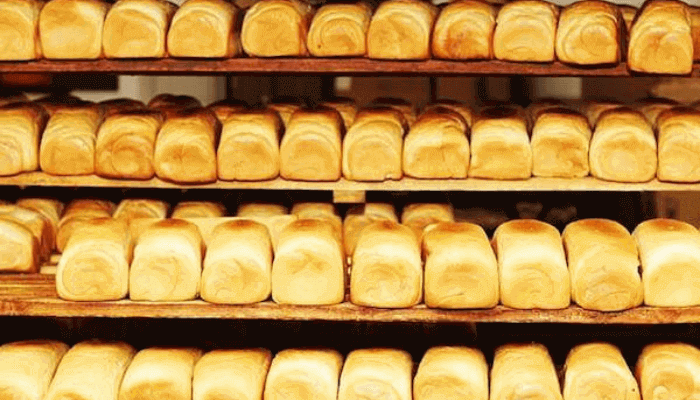For Ayomide Martins, the aroma of freshly baked bread isn’t just a sign of a successful business, it’s a symbol of hope. Every morning, the warm fragrance fills her Lagos bakery, a beacon for the community. But lately, the scent is tinged with worry. The culprit? The flickering, unreliable power supply.
“Running a bakery is a constant battle against the clock,” Ayo Martins said, wiping flour from her brow. “With the power cuts, that battle becomes nearly impossible.” Ovens sit idle, the dough rises unevenly in the unpredictable heat, and the precious ingredients Martins has carefully measured go to waste.
The struggle isn’t just about lost products. The erratic power supply forces Martins to rely on a generator, a rumbling beast that gulps down expensive fuel, eating away at her profits. The price of flour and sugar has also skyrocketed, making it even harder to stay afloat.
Martins isn’t alone. Bakers across Nigeria are facing the same challenges. Many, like her, are forced to raise prices, a burden they reluctantly pass on to their customers. But in a country where every naira counts, rising bread prices can mean fewer loaves for families.
The impact goes beyond just bread. Local pastry shops, known for their delicious cakes and treats, are also feeling the pinch.
Birthday celebrations and special occasions risk going un-sweetened as bakers are forced to limit their offerings due to the power woes.
An operator, Adejuwon Ademola, said bakers cannot do without power, adding that most of them run their generators whole day and beyond to power their operations.
He stated that when there is no power supply, they will be subjected to use of diesel which they currently buy at N1,500 per litre.
“What volume of sales can one make to recoup; many of the bakers are operating at below installed capacity,” he said.
Poor power supply in Nigeria
The poor power supply in Nigeria has been a major factor affecting businesses in the country. The country struggles with erratic power supply despite various interventions by successive governments.
According to the Energy Progress Report of 2022, Nigeria has the lowest access to electricity globally, with about 92 million people lacking access to power.
In 2015, the Manufacturers Association of Nigeria (MAN) said its members spent over N3.5 trillion annually on alternative power supply.
While some who can’t afford to fuel their generator to run for at least a minimum of 15 hours a day are already out of business, others who can are battling with low patronage due to the cost implication of the high cost of fuel, dollar rate, inflation, etc. on their goods or services.
DisCos, the electricity distribution companies, are under fire for failing to deliver consistent power despite customer complaints and high bills.
NERC had increased the tariff for band A consumers from about N66 KWh to a flat rate of N225 KWh in an attempt to reduce government subsidy on the sector.
Struggling to meet with required hours of electricity for band A, most consumers and the larger segment of the country, who are meant to enjoy between 16 to about four hours of electricity under band B to E, have been thrown into darkness.
Some customers in the Ajao Estate area of Lagos State served by Ikeja Electric, who are under band C, said the supply only comes by midnight and disappears before dawn. These customers are supposed to get a minimum of 12 hours of electricity per day.
Indeed, Nigerians are displeased with the worsened power situation in the country which the heatwave has worsened occasioned by the harsh climate conditions.
Adeola Adenikinju, president of the Nigerian Economic Society (NES) said it was obvious that the DisCos do not have enough power to distribute to customers.
He noted that with the higher tariff rate, band A consumers are likely to be more negatively impacted, except there is an overall improvement on electricity generation.
“DisCos should not be allowed to implement any tariff increase until they are ready to meet the number of hours required under each tariff band. “Overall, the current band category should be transitional. It is also discriminatory. Every customer should be entitled to stable, reliable, affordable and constant electricity supply,” Adenikinju said.
